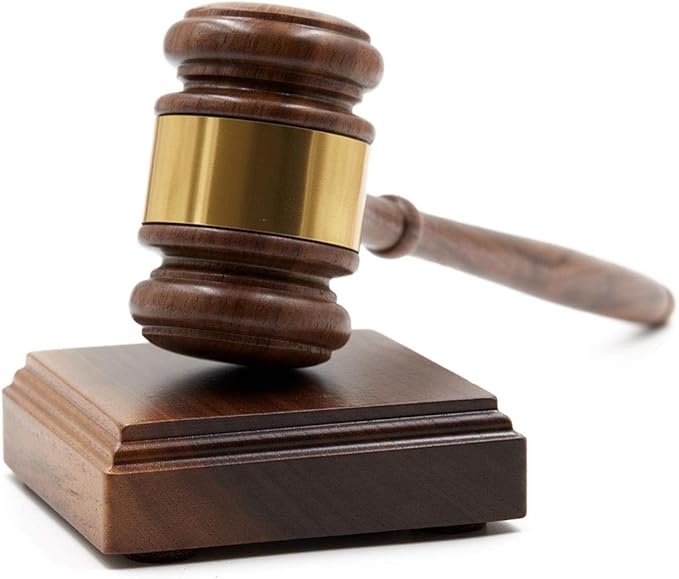
Mem Moment | The Path Between Good and Right
Parashat Va’etchanan “And I Pleaded”
Shalom to all!
First, I want to say that this is a very special Parashah for me, as it is the Parashah of my Bar Mitzvah, the same Parashah that my father and brother read in the past. Therefore, this commentary means much more to me than the sum of its words.
Rabbi Sacks, Zichrono Libracha (may his memory be a blessing), comments on one of the meanings of Parashat Va’etchanan through the following verses.
“Be sure to keep the commands of the Lord your God and the stipulations and decrees he has given you. Do what is right and good in the Lord’s sight, so that it may go well with you and you may go in and take over the good land the Lord promised on oath to your ancestors” (Deuteronomy 6:17-18)
Asking himself, why does G-d say the same thing twice in different ways? Why does G‑d urge us to follow His laws, but also to do what is right in His eyes?
Rashi comments that doing what is right in G‑d’s eyes means “compromise, going beyond what is strictly mandated by the Law,” and the Ramban, for his part, adds that there are many areas of our morality that cannot be reduced solely to Laws.
These are necessary, but incomplete on their own.
Nachmanides further elaborates on his vision by explaining the Torah portion called Kedoshim (“Be holy” / Vayikra – Leviticus 19), going so far as to say that a person can fulfil all the precepts and still be a “menuval bireshut haTorah“—a “wretch” protected by the legality of the Torah.
And in our tradition, we have many examples of this. “Rabbi Yochanan said: Jerusalem was destroyed only because they judged (cases based on) Torah law. (The Gemara asks) Rather, (what else should they have done?) Should they have adjudicated (cases based on) arbitrary decisions? Rather, say: They established their decisions based on Torah law and did not go beyond the letter of the law.”
According to the Rambam in Mishneh Torah, Laws of the Sanhedrin, 2:7, even those most closely aligned with the letter of the law, such as members of a court, must develop virtues that give human stature to their knowledge, stating that “…it is essential that each member of a three-member court possess the following seven qualities: wisdom, humility, fear of God, hatred of greed, love of truth, love of one’s fellow human beings, and good name.” It is my hope that, as leaders and as human beings, we all aspire to develop these qualities in our daily lives, to discern right from wrong and apply the laws, and, in turn, be able to question and go beyond them when our moral compass tells us to do so.